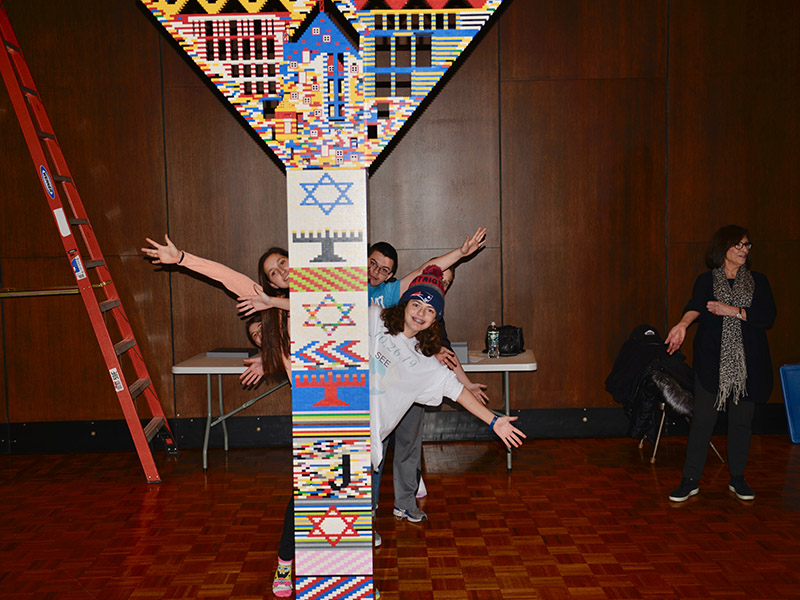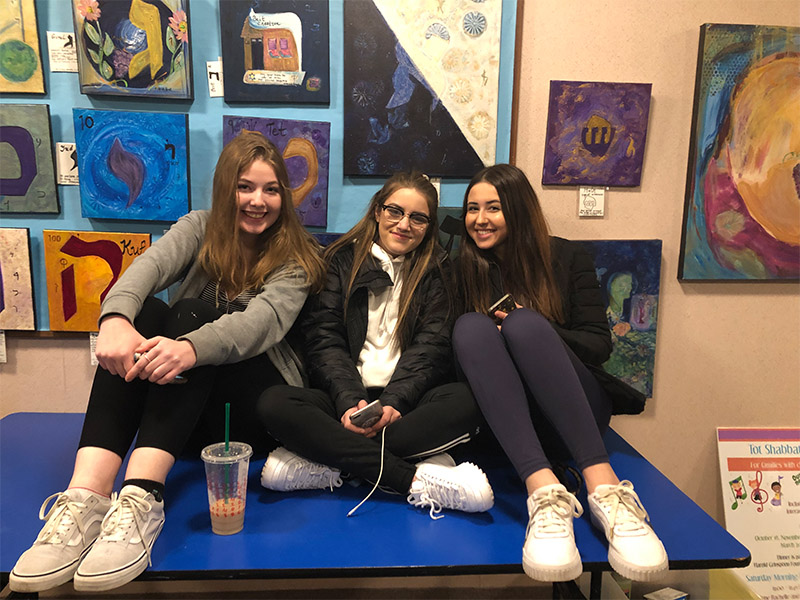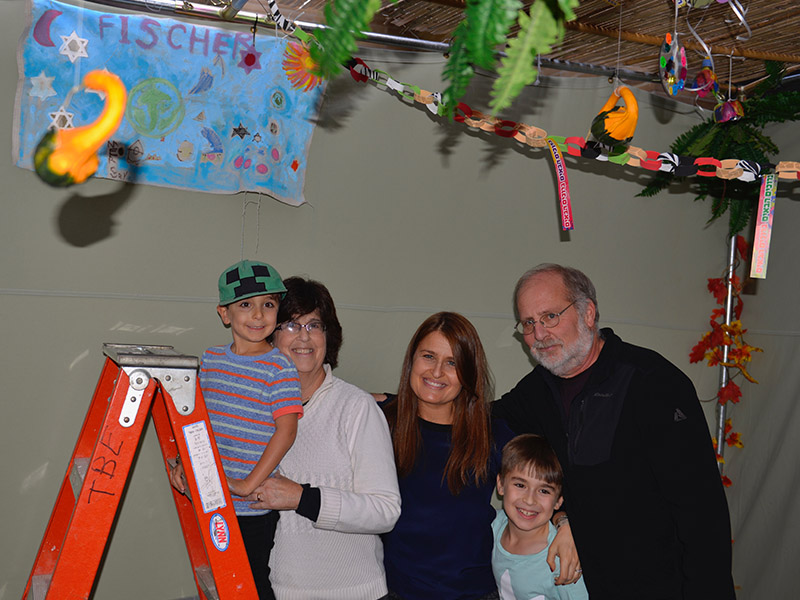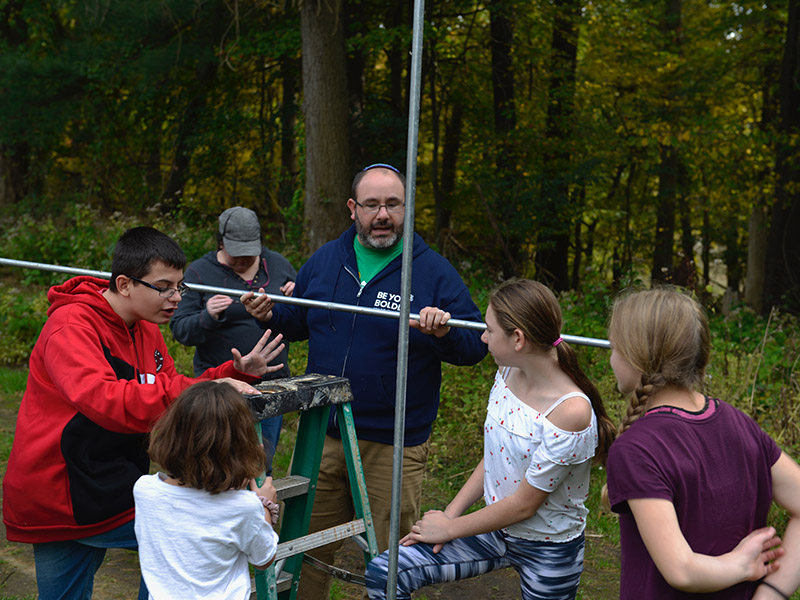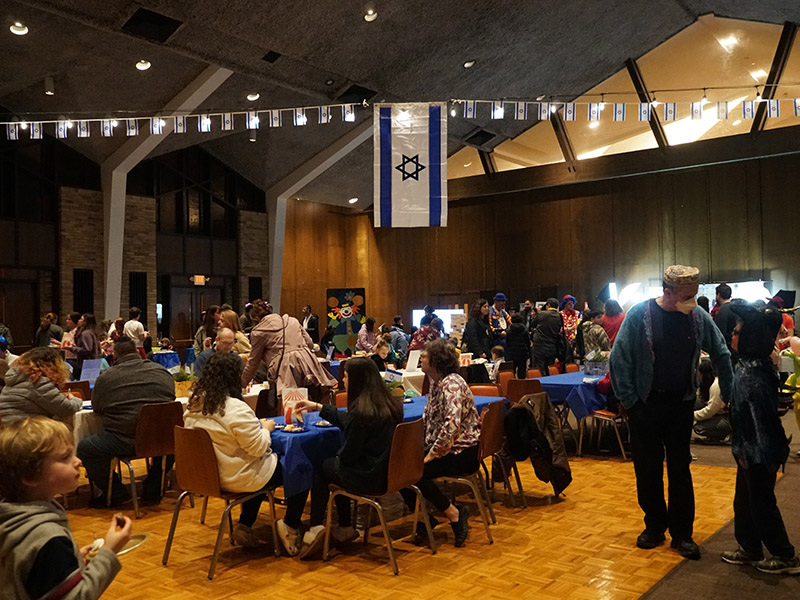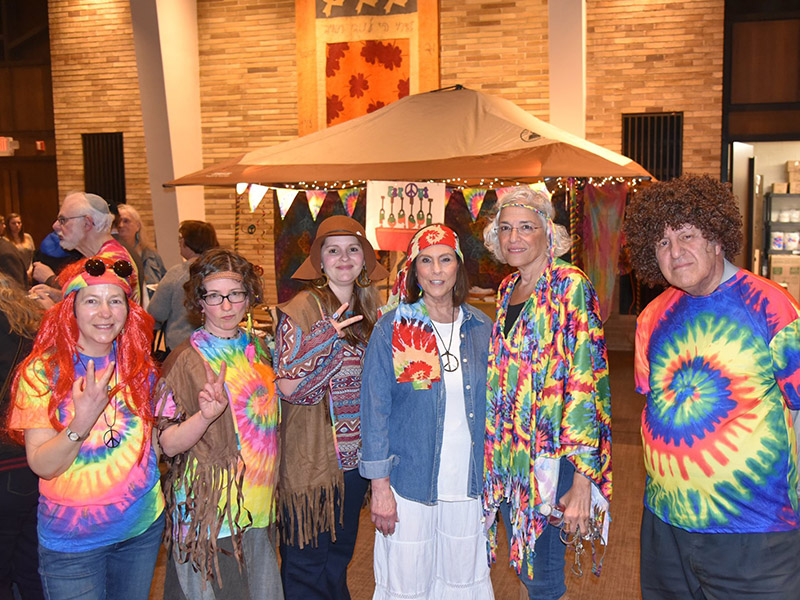Jewish Holidays
Holidays at Temple Beth El are marked with worship and celebration, bringing together our TBE family. We hope you will join us in celebrating this year!
Our High Holy Days bring the community together, infusing meaning into our Days of Awe. From the first sound of the shofar to the last blast on Yom Kippur, our Rabbis inspire us and our Cantor and choirs move us. Click HERE to learn more about our HH programming
Rosh Hashanah
Rosh Hashanah (literally, “Head of the Year”) is the Jewish New Year, which marks the beginning of a 10-day period of prayer, self-examination and repentance.
Yom Kippur
Yom Kippur, considered the holiest day on the Jewish calendar, means “Day of Atonement” and refers to the annual Jewish observance of fasting, prayer and repentance. Listen to the sounds of the shofar and the inspiring words of Rabbi Amy Wallk on this reflective day. .
Sukkot
Beginning five days after Yom Kippur, Sukkot is named after the booths or huts (sukkot in Hebrew) in which Jews are supposed to dwell during this week-long celebration. Embracing the outdoor nature of the harvest festival of Sukkot, our community gathers to decorate and dwell in our sukkah.
Simchat Torah
Simchat Torah celebrates the completion of the annual reading of the Torah.
Chanukah
Chanukah, meaning “dedication” in Hebrew, refers to the joyous eight-day celebration during which Jews commemorate the victory of the Maccabees over the armies of Syria in 165 B.C.E. and the subsequent liberation and “rededication” of the Temple in Jerusalem. The modern home celebration of Chanukah centers around the lighting of the chanukiyah, a special menorah for Chanukah; foods prepared in oil including latkes (potato pancakes) and sufganiyot (jelly doughnuts); and special songs and games.
Purim
Purim is one of our most well attended annual holidays. We celebrate by reading the Scroll of Esther (Megillat Esther), and with a fun and festive Purim party. Every year has a theme and features activities for youth and adults.
Passover
Passover, or Pesach in Hebrew, is one of the three major pilgrimage festivals of ancient Israel. It is a commemoration of the Exodus from Egypt–especially the night when God “passed over” the houses of the Israelites during the tenth plague–and of the following day, when the Israelites had to leave Egypt hurriedly. Centered on the family or communal celebration of the seder (ritual meal),
Yom HaShoah
This is a sacred and sanctified observance in which we remember the Shoah, Annual Commemoration of the Holocaust and the Light of the Candles for the Six Million. It is our one opportunity to bear witness to history, and to give testimony that we will never forget that Holocaust, and those that may threaten yet again. Every year, the community gathers together for our Yom Hasoah ceremony.
Shavuot
Shavuot is one of our three major pilgrimage festivals, along with Passover and Sukkot. Coming just seven weeks after Passover, Shavuot is often the forgotten festival. Unlike Passover, with Seder, or Sukkot, with the building of the Sukkah or waving of the lulav and etrog, there are few rituals, either synagogue-based or home-centered associated with Shavuot.
Shavuot commemorates the giving of the Torah on Mount Sinai. We link Passover to Shavuot with the counting of each day (called Siphrat Ha’omer), as tradition teaches us the Exodus from Egypt was not just a physical liberation, but also a spiritual liberation, enabling us to be free to follow the ways of Torah and tradition.
